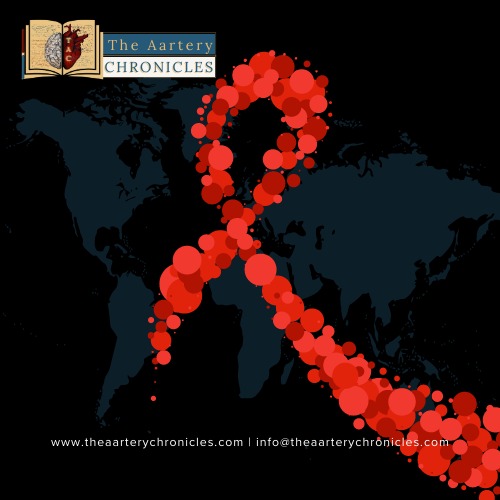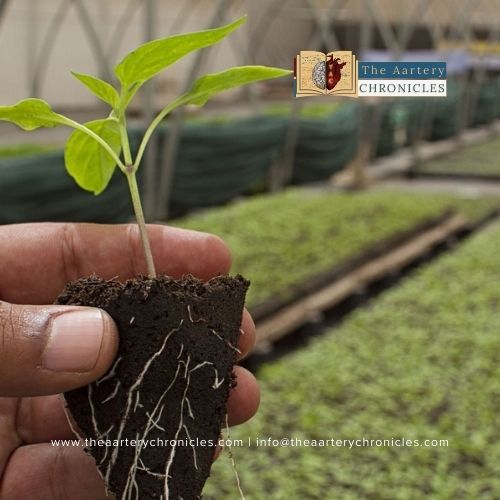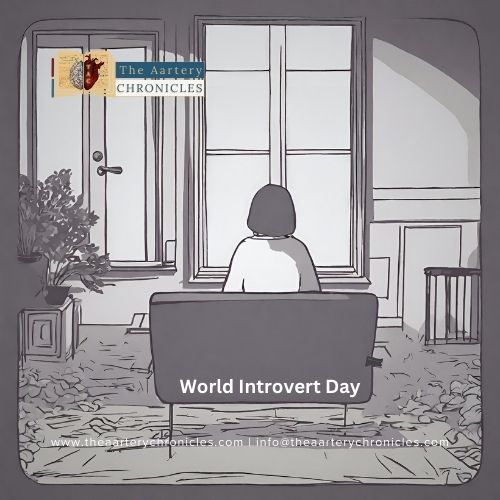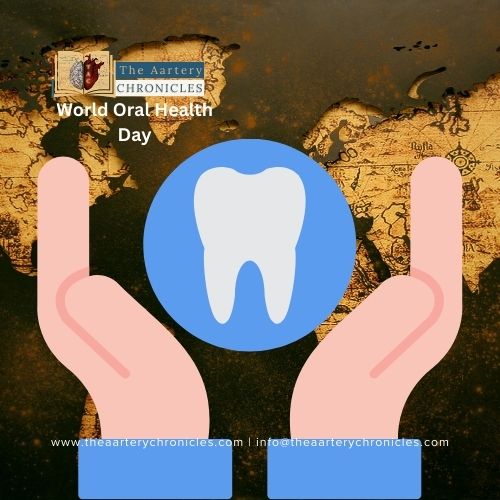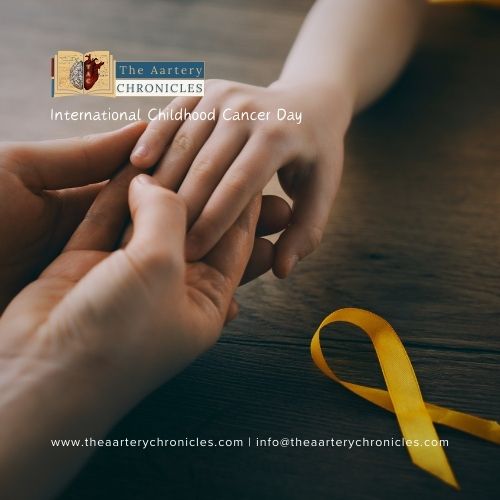
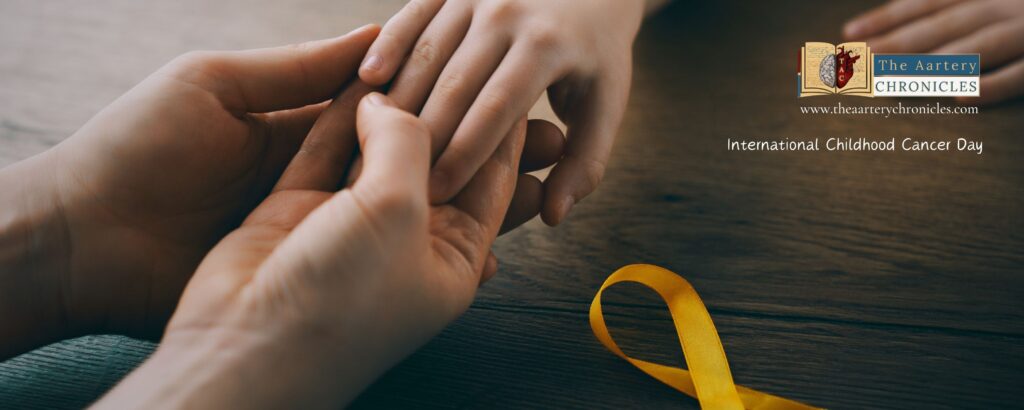
Shining a Light on Hope: World Childhood Cancer Day
#ChildhoodCancer
Introduction
Every year, on February 15th, the world comes together to observe World Childhood Cancer Day. This day serves as a poignant reminder of the impact of cancer on the youngest members of our global community and emphasizes the need for increased awareness, support, and research to combat childhood cancer. In this blog, we will explore the significance of World Childhood Cancer Day, shed light on the challenges faced by children with cancer and their families, and highlight the ongoing efforts to improve outcomes and provide hope.
Understanding Childhood Cancer
Childhood cancer encompasses a diverse range of diseases affecting children, adolescents, and young adults. These can include
- Leukemia
- Brain tumors
- Neuroblastoma
- Wilms tumor
- Various forms of sarcomas
While childhood cancer is relatively rare compared to adult cancer, it remains a leading cause of death among children worldwide. The unique nature of pediatric cancers requires specialized approaches to diagnosis, treatment, and survivorship care.
Challenges Faced by Children with Cancer
- Limited Treatment Options: Due to the rarity of childhood cancers, research and development of treatments specific to pediatric patients can lag behind those for adults. Children may receive modified adult treatments, leading to potential long-term side effects.
- Emotional and Financial Toll: A childhood cancer diagnosis takes a toll not only on the affected child but also on their families. Emotional distress, financial burdens, and disruptions to daily life are common challenges faced by families navigating the complexities of cancer treatment.
- Survivorship Issues: While advancements in medical science have improved survival rates for many childhood cancers, survivors often face long-term health issues, including secondary cancers, cognitive deficits, and fertility problems. Ensuring comprehensive survivorship care is crucial for their overall well-being.
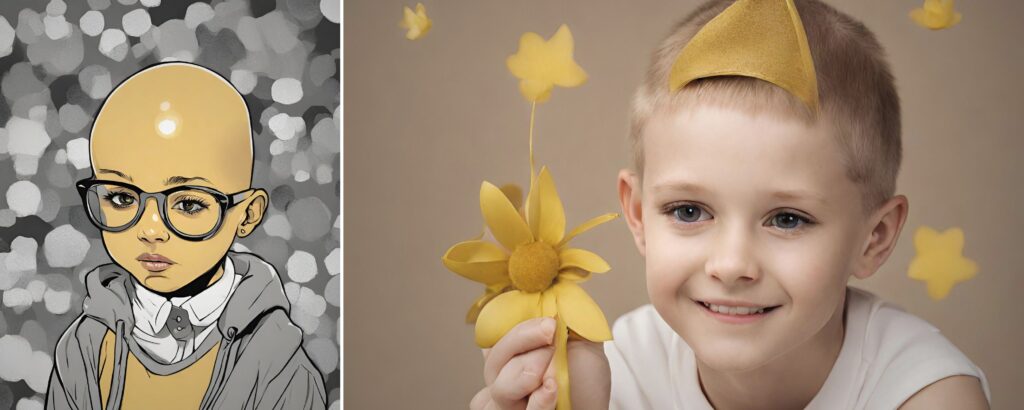
World Childhood Cancer Day Initiatives
- Raising Awareness: The primary goal of World Childhood Cancer Day is to raise awareness about the impact of cancer on children and adolescents. This includes educating the public, policymakers, and healthcare professionals about the unique challenges faced by young cancer patients.
- Advocacy for Research Funding: Increased funding for childhood cancer research is essential to developing targeted therapies, improving treatment outcomes, and minimizing long-term side effects. Advocacy efforts on this day aim to garner support for funding and resources dedicated to pediatric oncology research.
- Support for Families: Recognizing the emotional and financial strains on families dealing with childhood cancer, various organizations use this day to highlight the need for comprehensive support services. This includes mental health resources, financial assistance, and community support networks.
- Global Collaboration: World Childhood Cancer Day provides an opportunity for international collaboration among healthcare professionals, researchers, policymakers, and advocacy groups. Sharing knowledge and best practices contributes to a more effective and unified approach to addressing childhood cancer on a global scale.
Conclusion
World Childhood Cancer Day serves as a powerful reminder of the ongoing battle against pediatric cancer. By raising awareness, advocating for research funding, and supporting affected families, we can work towards a future where no child has to face the devastating impact of cancer. Together, we can bring hope, compassion, and healing to young lives affected by this challenging disease.

TAC Desk
- Medicine
- Nutrition And Diet
Lorem ipsum dolor sit amet, consectetur adipiscing elit. Ut elit tellus, luctus nec ullamcorper mattis, pulvinar dapibus leo.








